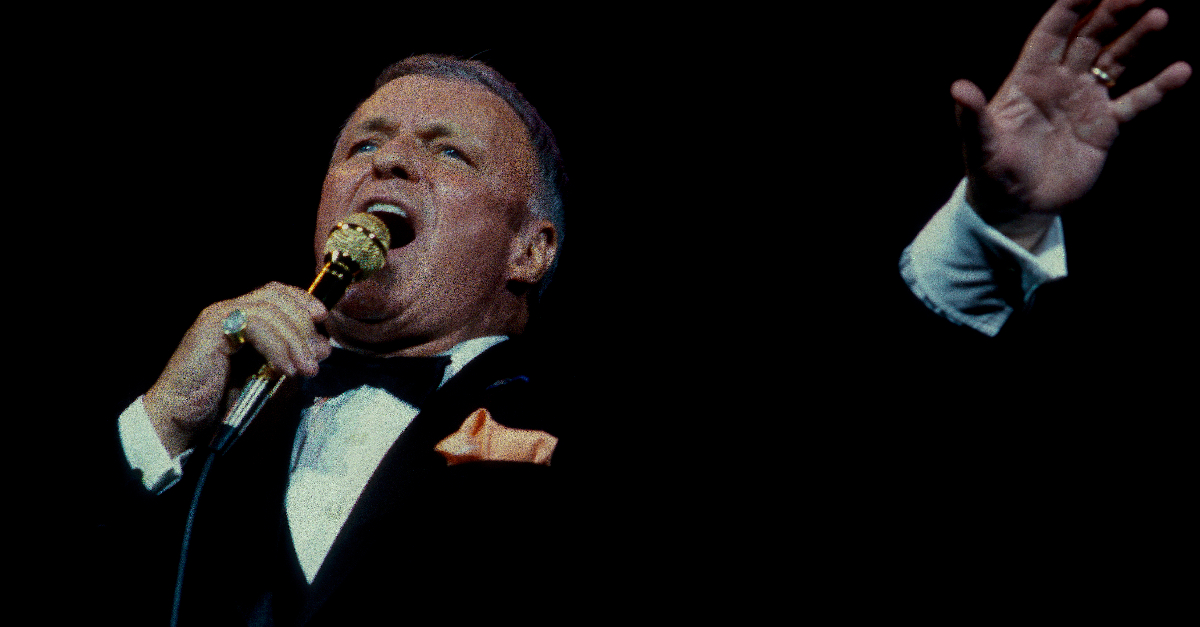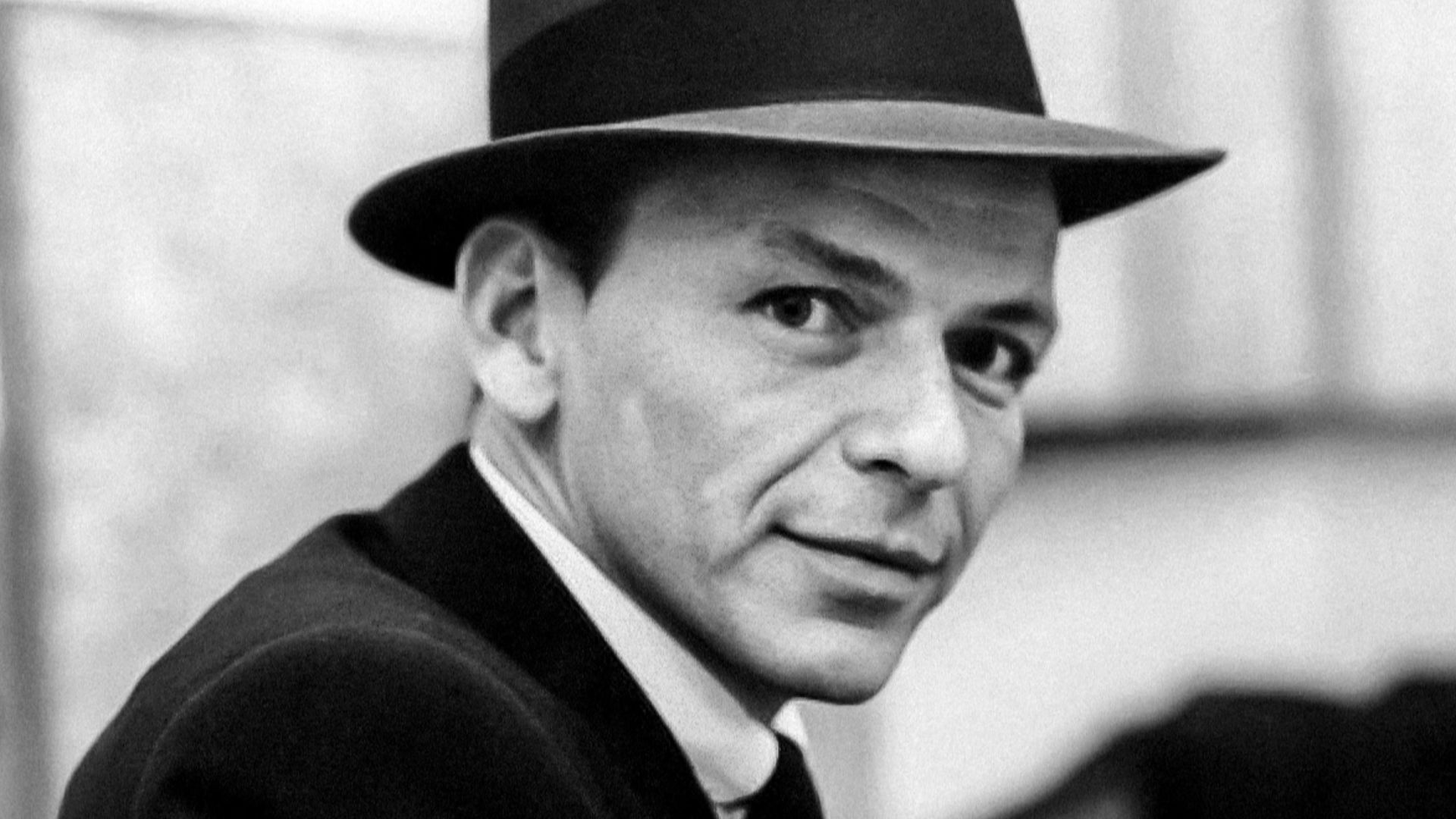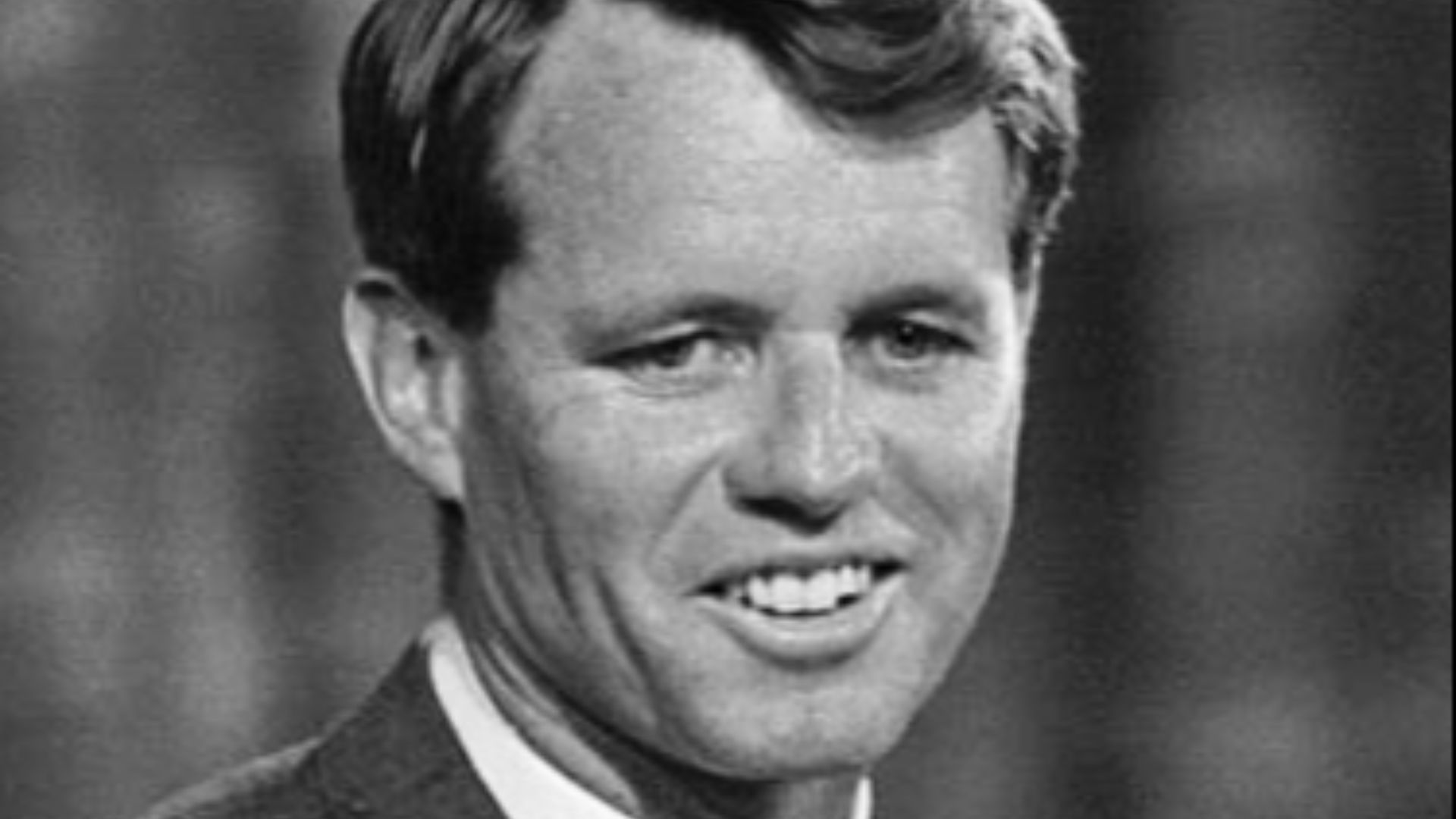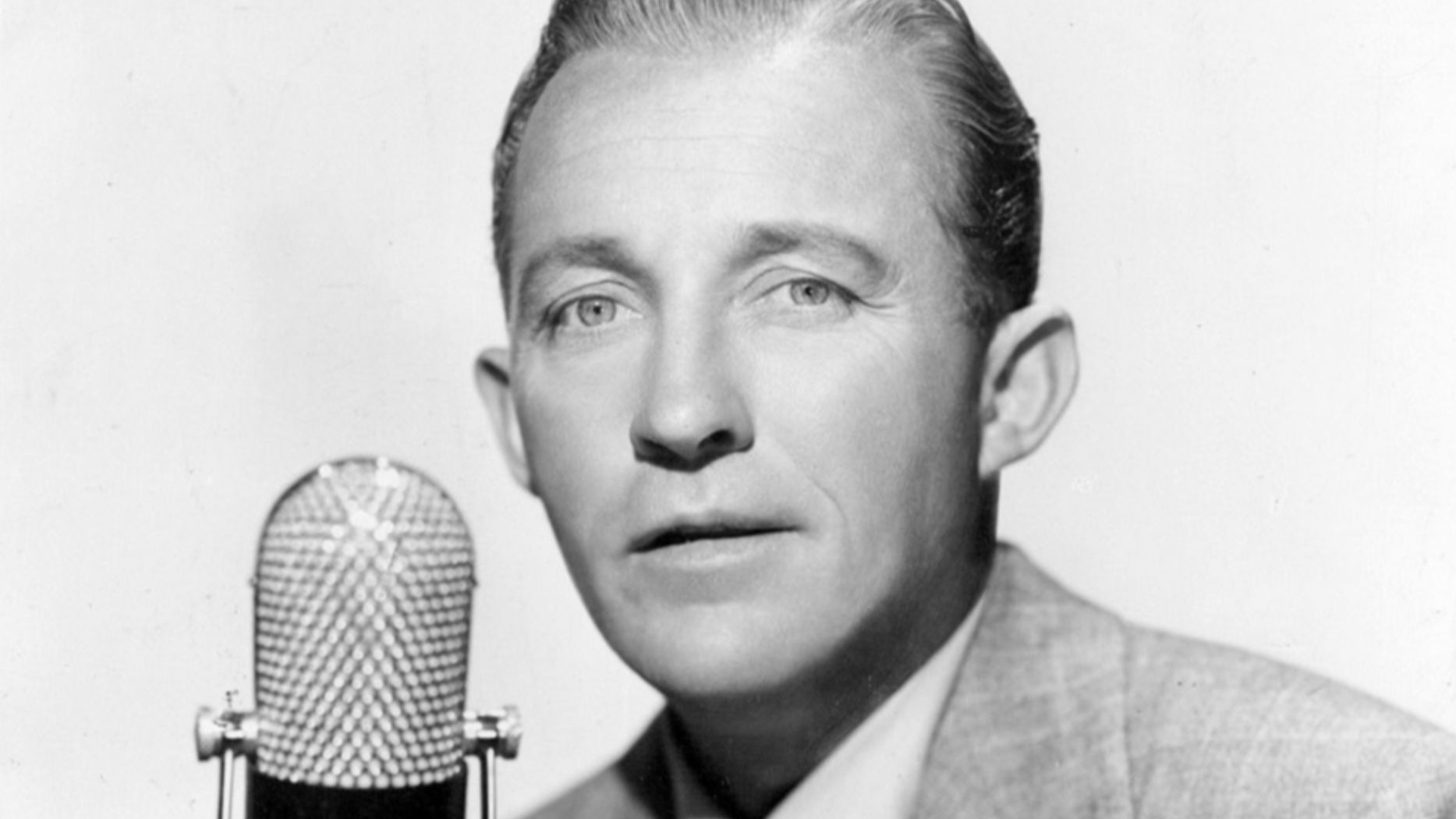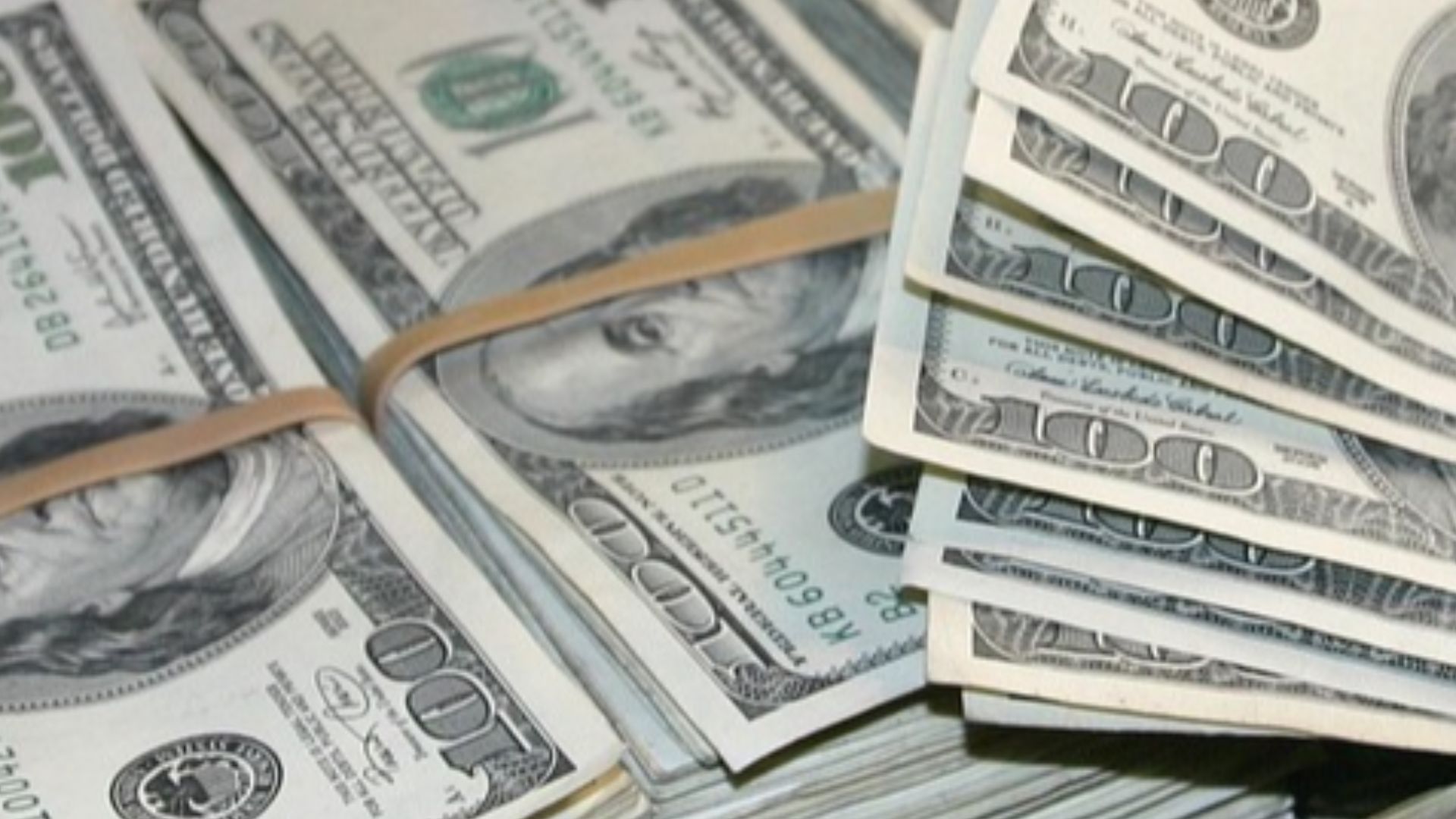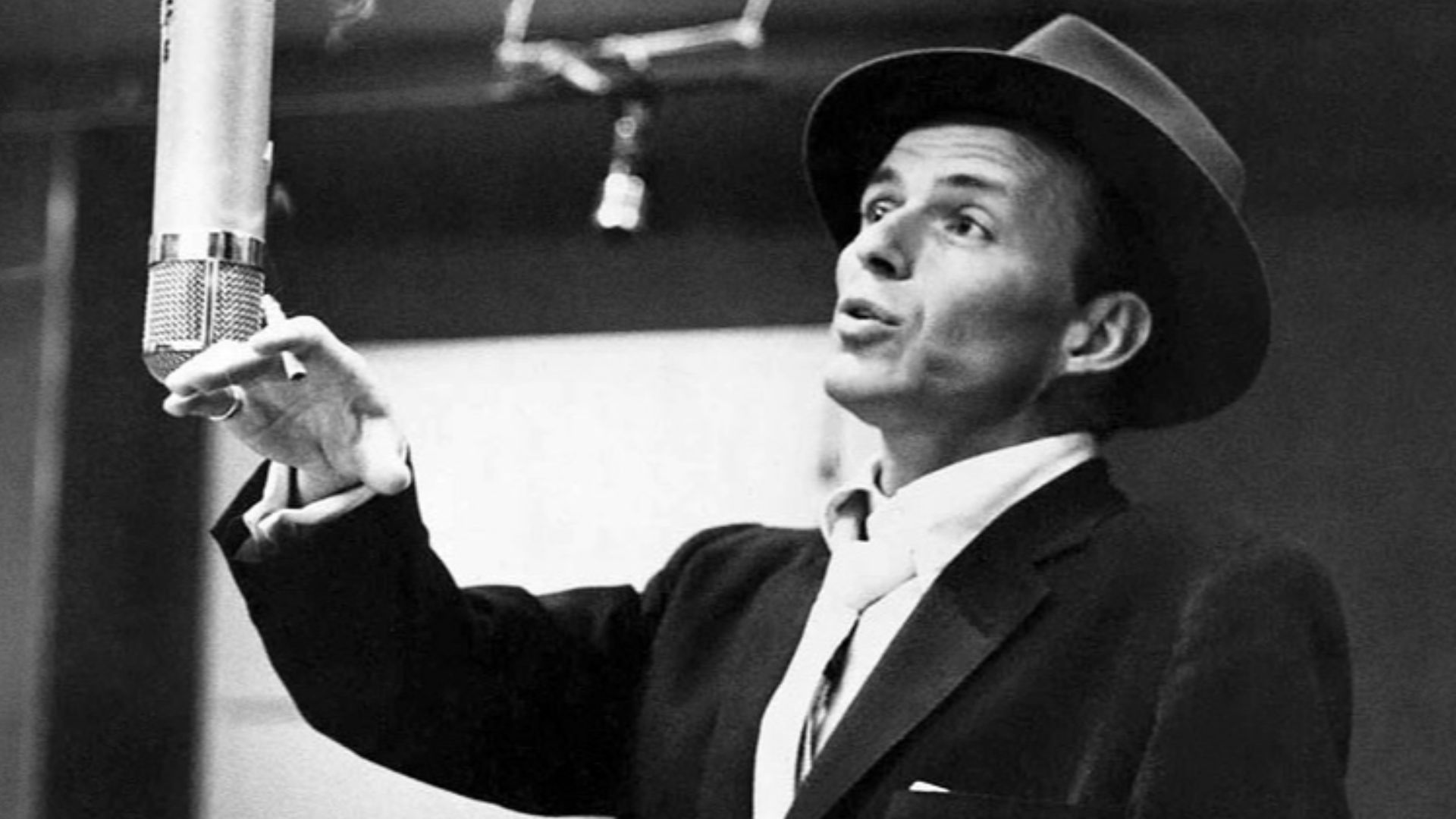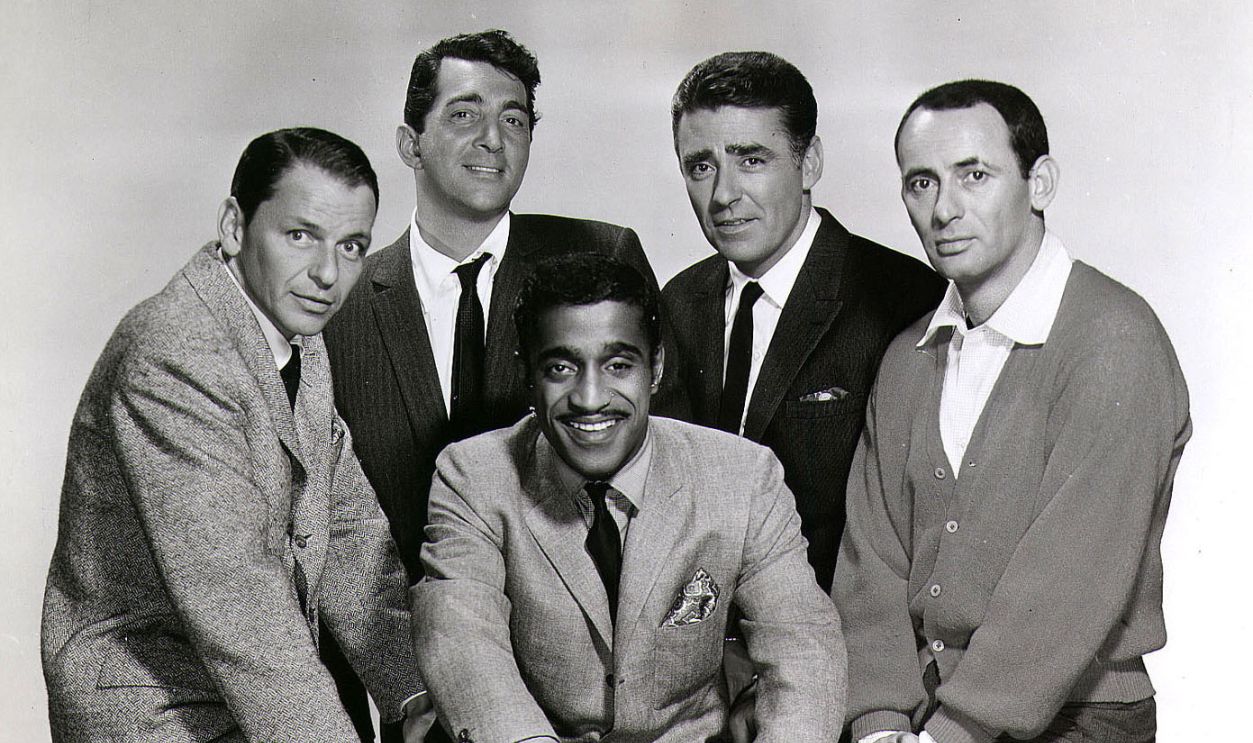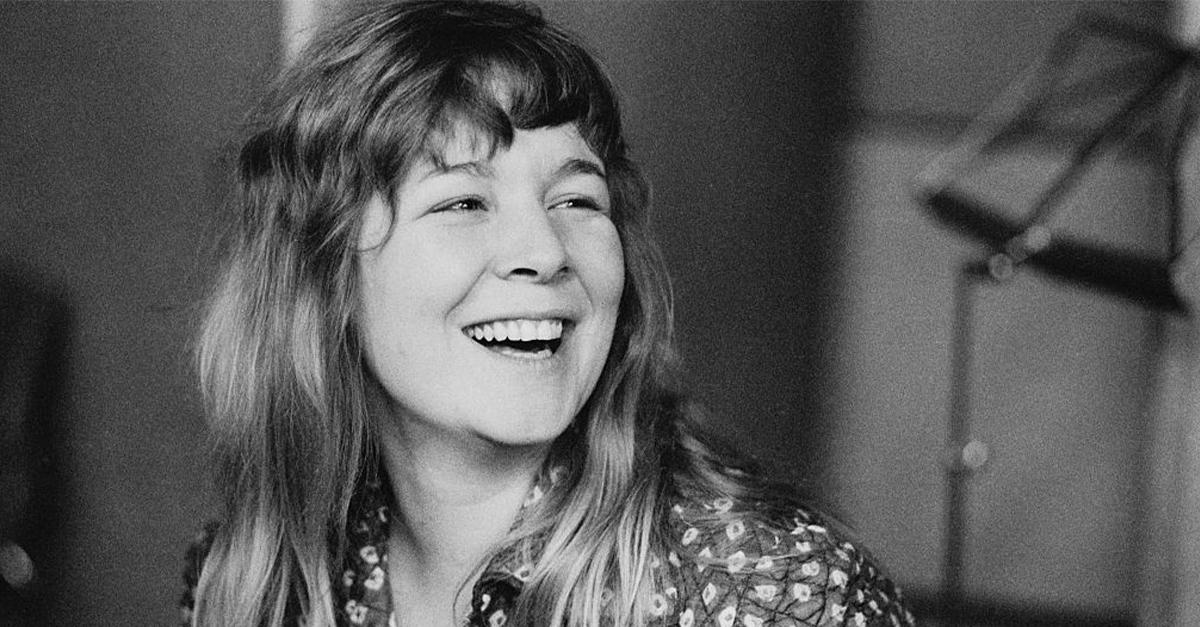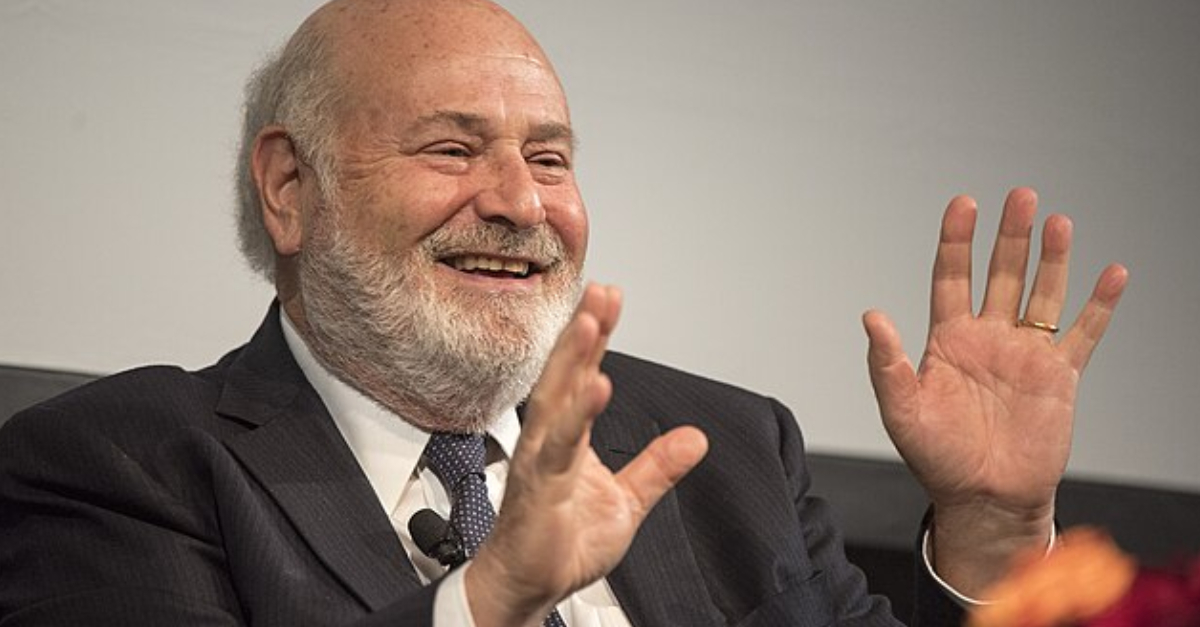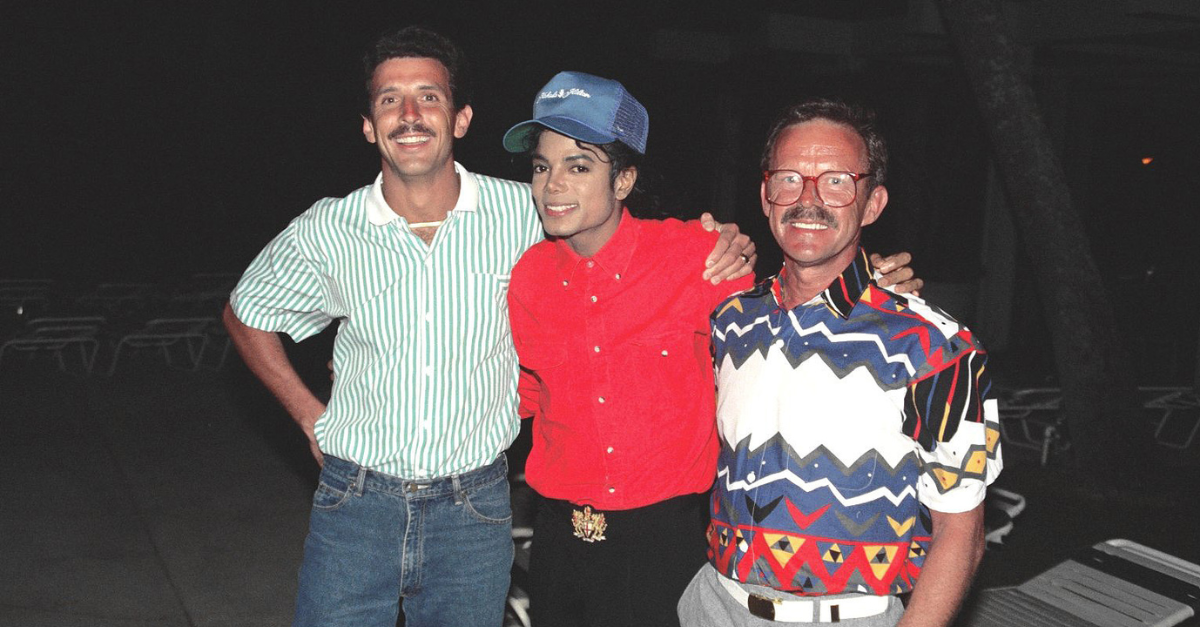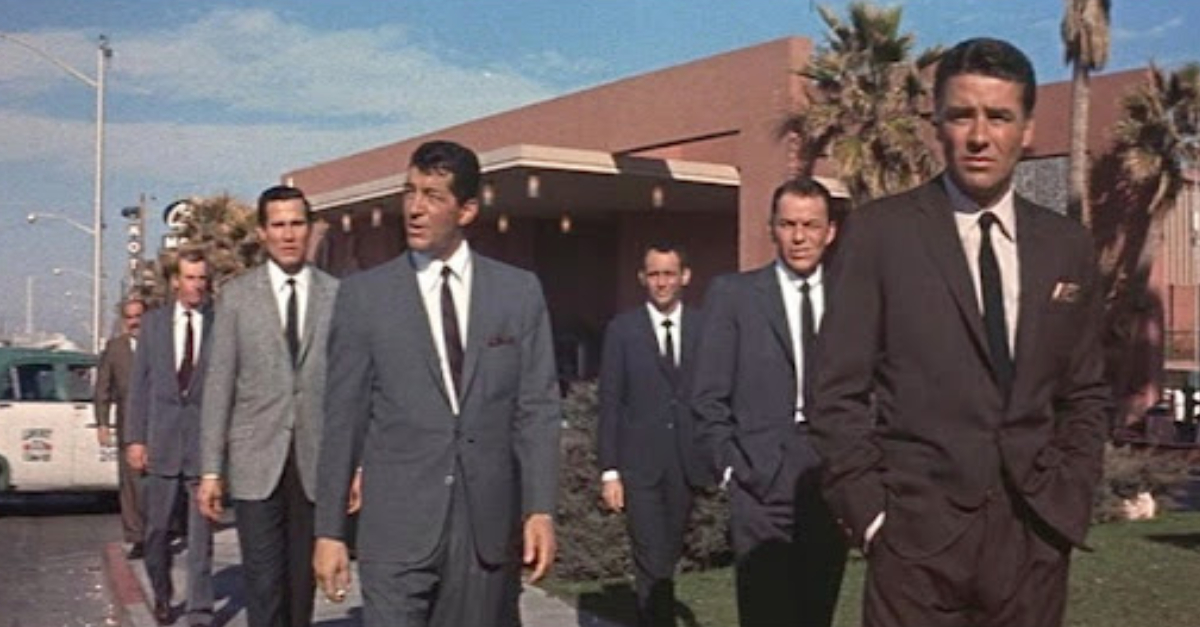The Price of Crossing Sinatra
They had the fame, the charm, and a Frank Sinatra blessing. Joey Bishop and Peter Lawford stood in the Rat Pack beside one of the most powerful men in entertainment. But Sinatra’s loyalty came with quite a temper—and when he felt betrayed, those blue eyes quickly turned black with rage. This is the story of how Sinatra’s pettiness, bitterness, and pride destroyed two careers and two friendships—forever.
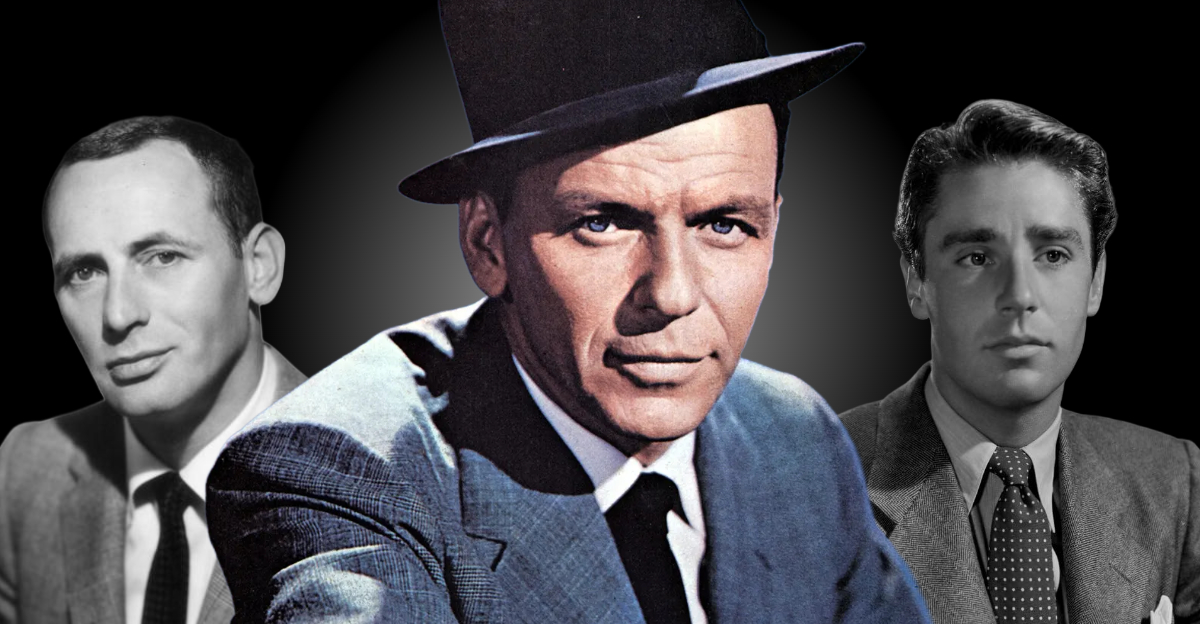
The Kings of Cool
The Rat Pack wasn’t just a group of performers—it was a phenomenon. Sinatra, Dean Martin, Sammy Davis Jr., Peter Lawford, and Joey Bishop owned the ’60s. They turned friendship into theater and Vegas into legend. But that kind of power came with a code—a code enforced by one man.
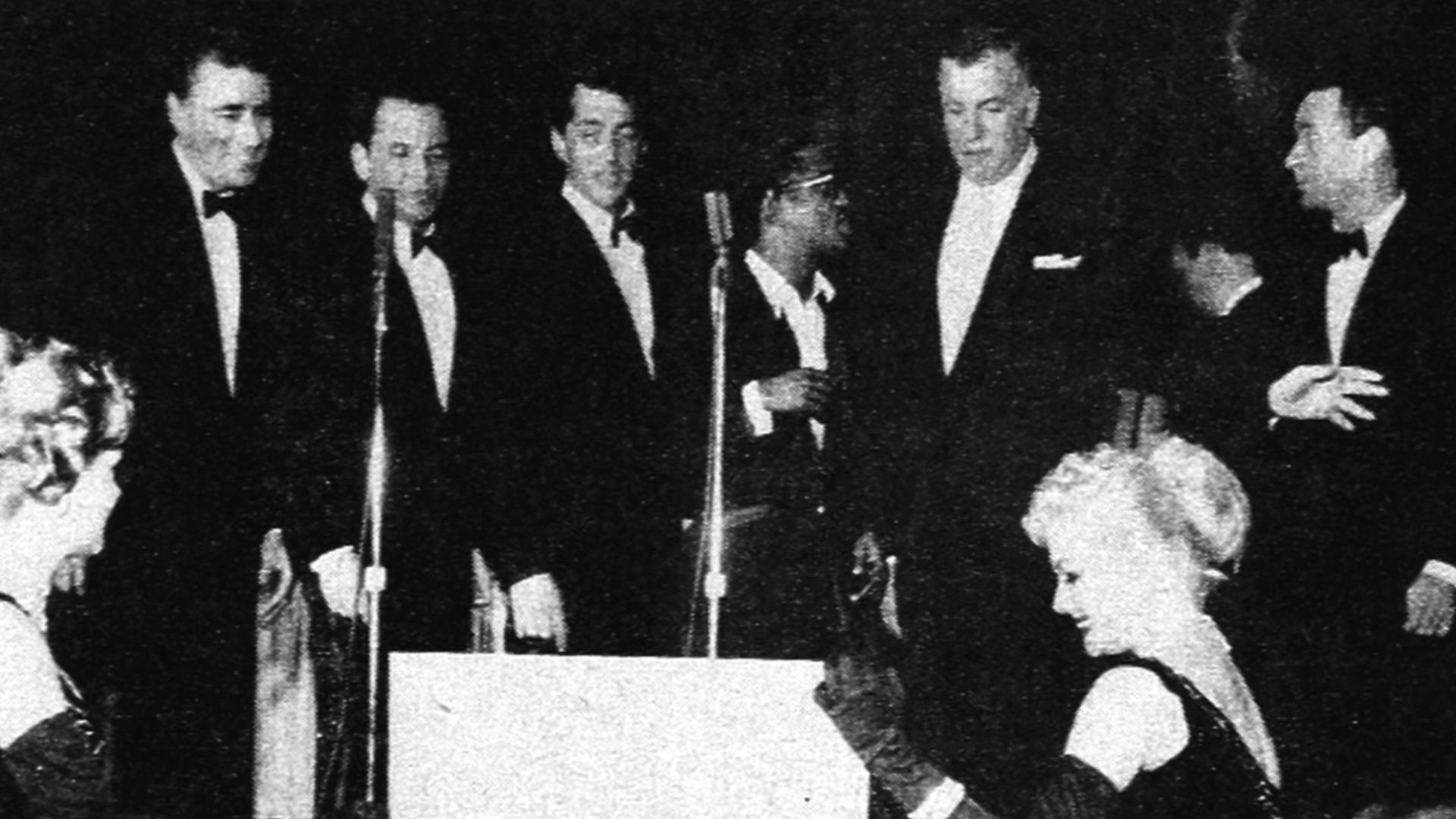 Dell Publishing, Wikimedia Commons
Dell Publishing, Wikimedia Commons
Sinatra’s Unwritten Rules
Frank Sinatra demanded absolute loyalty. He helped friends rise fast—and made sure enemies fell faster. A single slight could mean exile. As one Vegas insider later said, “Frank didn’t hold grudges. He stored them like fine wine.” Peter Lawford and Joey Bishop would find out what that meant.
Peter Lawford: The Hollywood Gentleman
Lawford had movie-star looks and Kennedy connections. His marriage to Patricia Kennedy gave Sinatra something he craved—proximity to the White House. For a while, Lawford was Sinatra’s golden ticket to respectability. The Rat Pack had power, but Lawford made it presidential.
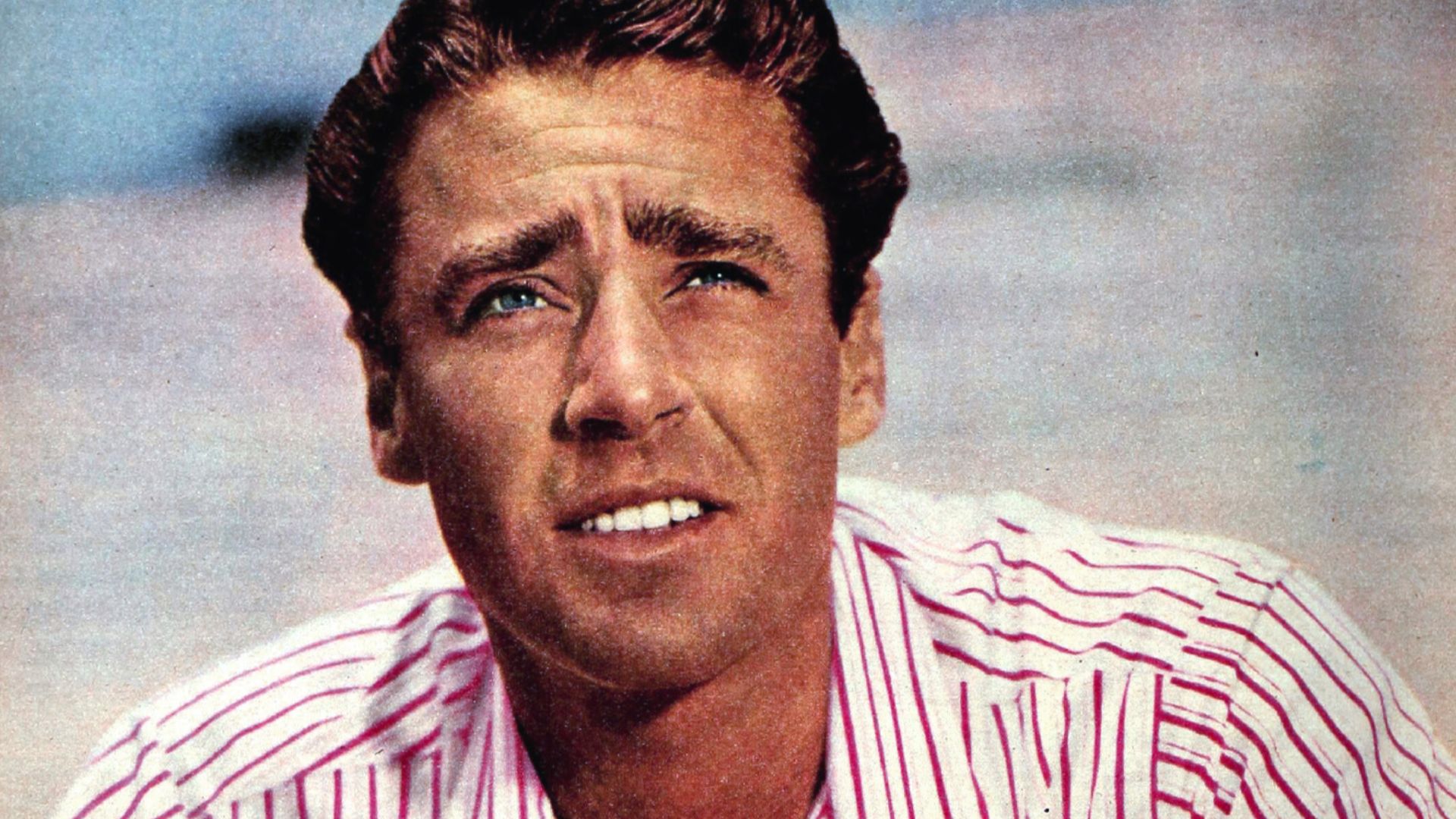 Macfadden Publications page 2, Wikimedia Commons
Macfadden Publications page 2, Wikimedia Commons
The Visit That Changed Everything
In 1962, Sinatra prepared for a visit from President John F. Kennedy at his Palm Springs home. He was thrilled—his friend, the President, would be his guest. He spent weeks expanding the house, adding new phone lines, and even building a helipad for Marine One.
 Cecil W. Stoughton, Wikimedia Commons
Cecil W. Stoughton, Wikimedia Commons
Politics and Paranoia
But behind the scenes, things were shifting. Attorney General Robert F. Kennedy had grown uneasy about Sinatra’s friendships with men like Chicago mob boss Sam Giancana. With the White House under scrutiny, the optics of the President staying at Sinatra’s home suddenly looked dangerous.
The Betrayal
At the last minute, the White House canceled the visit. JFK would stay with Bing Crosby instead—a Republican, of all people. The bad news came through Peter Lawford, his brother-in-law. Sinatra took it as humiliation, not politics. For Lawford, it was the moment everything changed.
The Fallout
Sinatra was livid. He reportedly smashed the helipad with a sledgehammer and tore up the landing pad with his bare hands. “He never forgave Peter,” said actor Tony Curtis. Lawford was finished—cut off from the Rat Pack overnight.
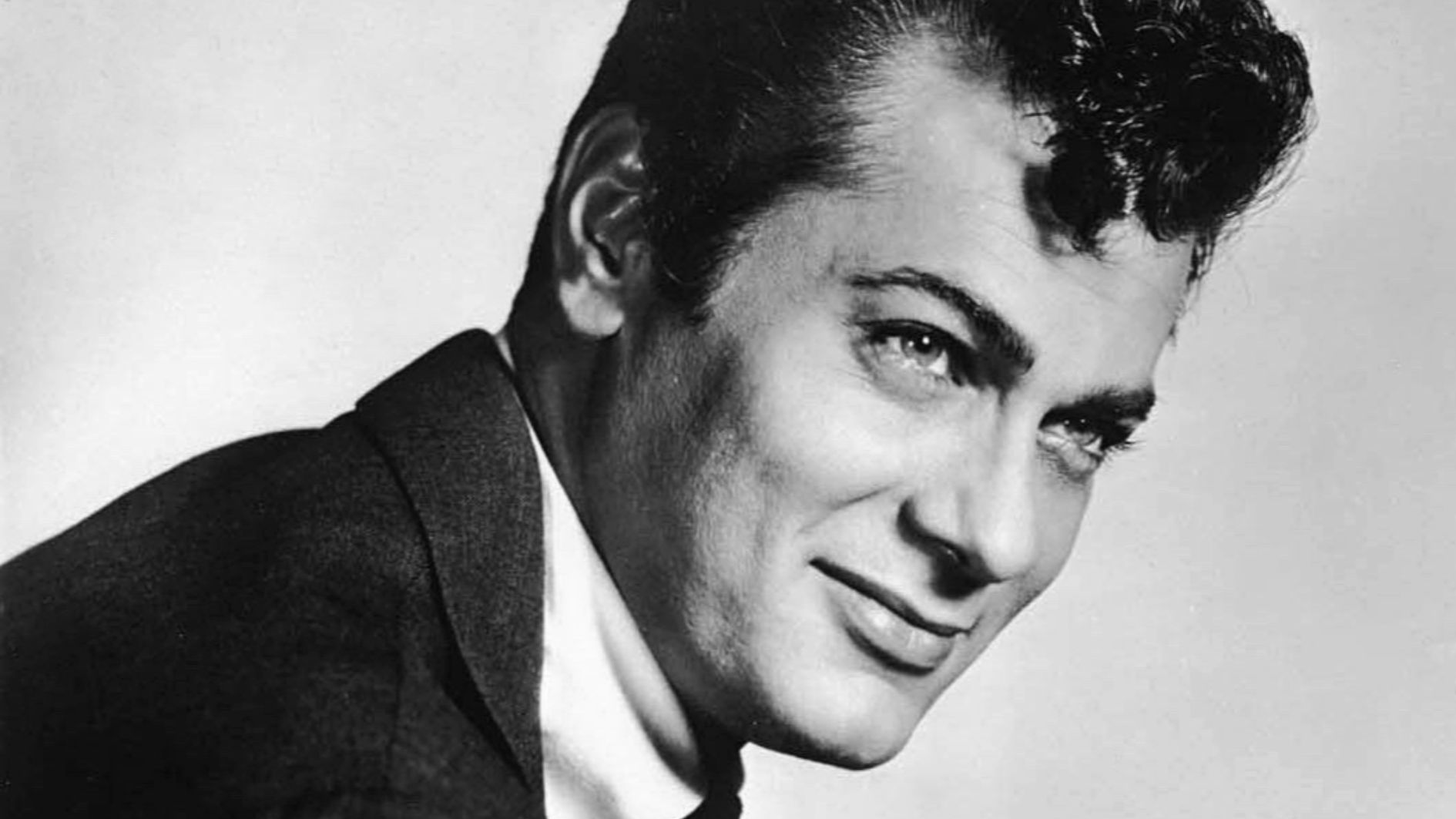 United Pictures Corporation, Wikimedia Commons
United Pictures Corporation, Wikimedia Commons
Exiled from the Inner Circle
Lawford’s career never recovered. Once part of Hollywood’s inner circle, he was suddenly unwelcome. Friends turned cold. Studios stopped calling. His marriage to Patricia Kennedy soon fell apart, and by the mid-1960s, he was more tabloid curiosity than leading man. And as for Joey Bishop...
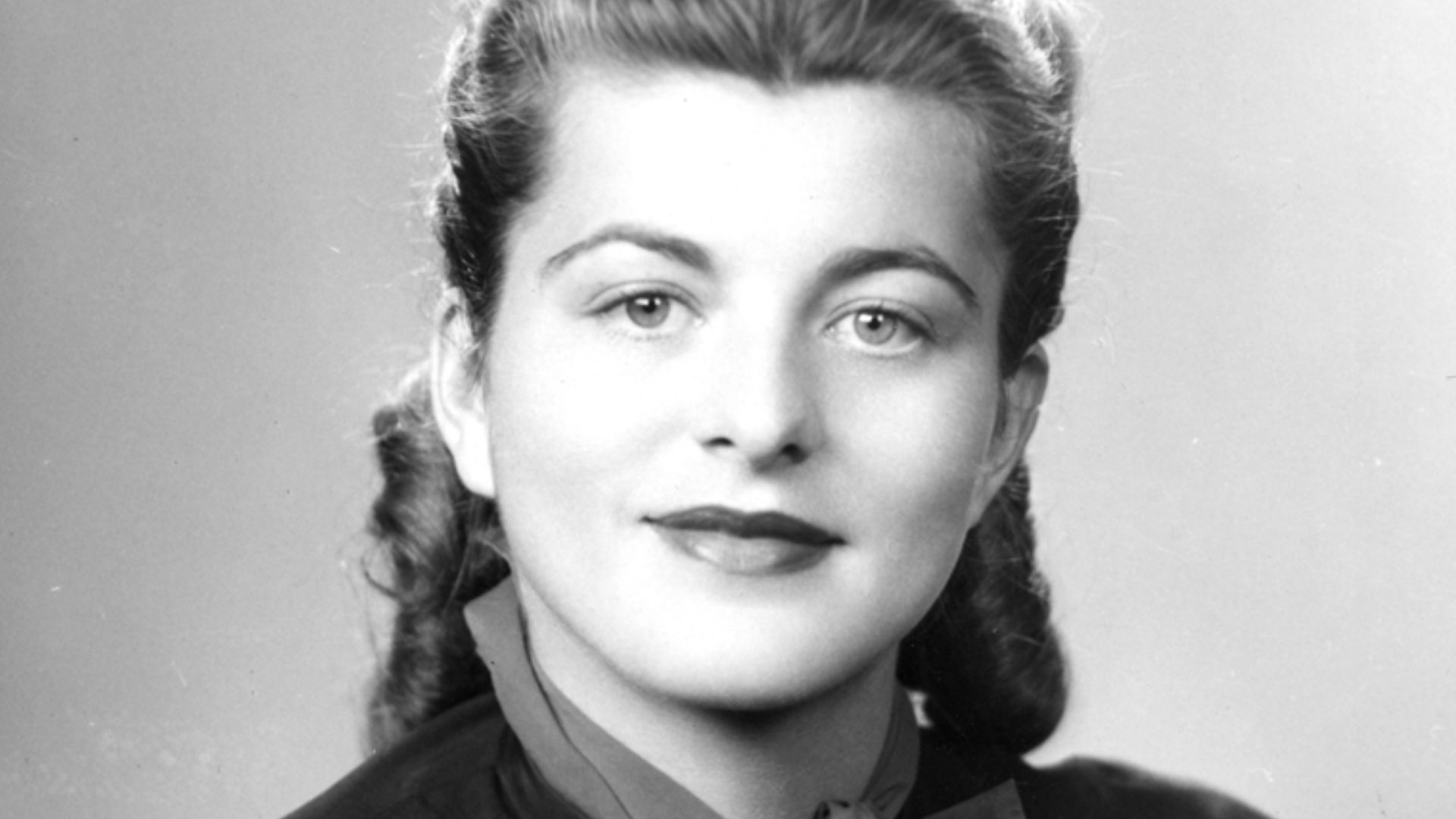 Photograph in the John F. Kennedy Presidential Library and Museum, Boston., Wikimedia Commons
Photograph in the John F. Kennedy Presidential Library and Museum, Boston., Wikimedia Commons
Joey Bishop: The Everyman of the Pack
Joey Bishop didn’t have Sinatra’s voice or Martin’s swagger—but he had timing. He was the grounded one, the comic glue that held the Rat Pack together. Onstage, he was sharp and loyal. Offstage, though, ambition crept in—and soon, the man who made everyone laugh stopped being funny to Frank.
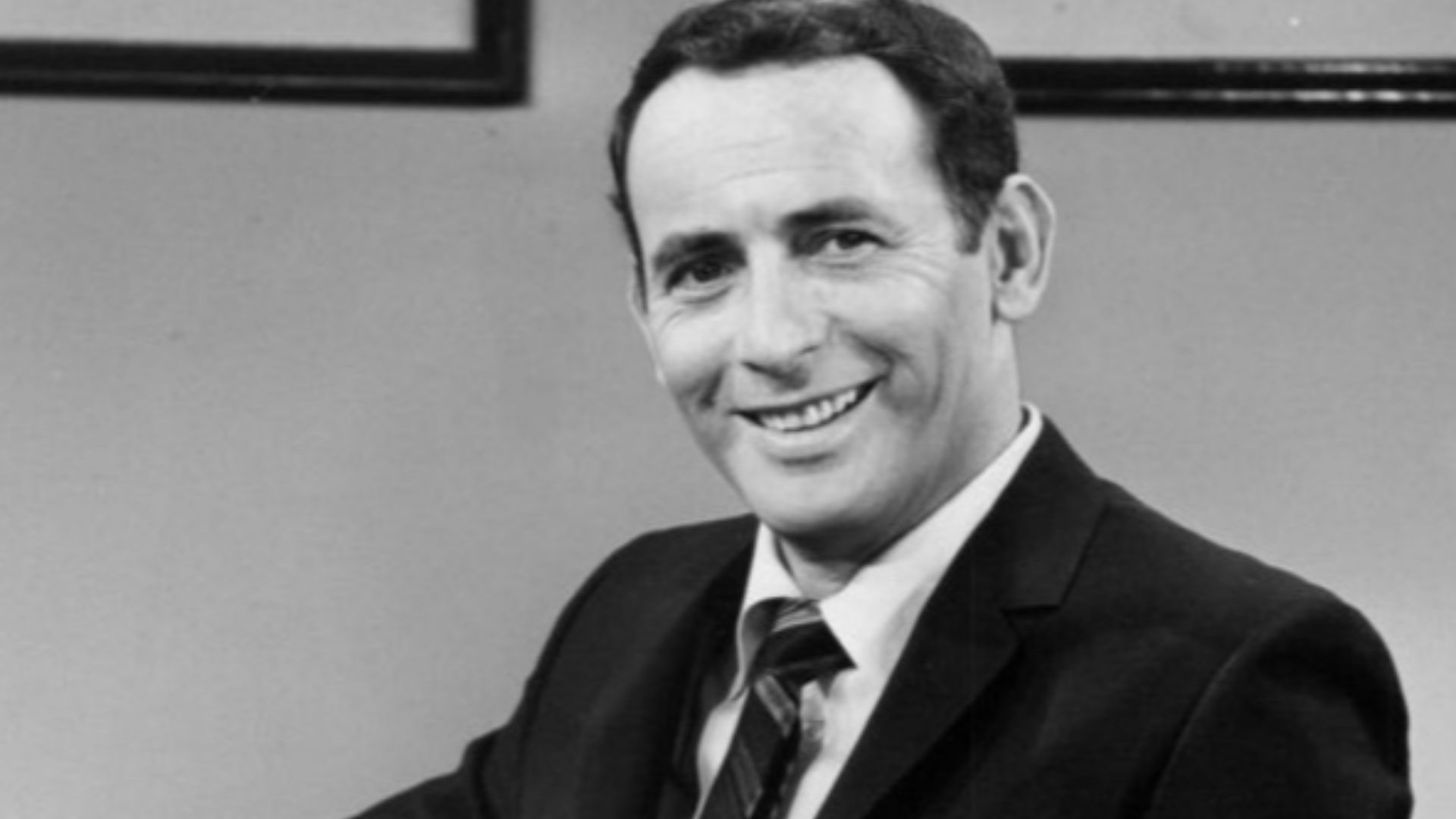 NBC Television., Wikimedia Commons
NBC Television., Wikimedia Commons
Bishop’s Rise
With Sinatra’s blessing, Bishop went from sidekick to star. He landed The Joey Bishop Show and even hosted the Oscars. He had what most comedians only dreamed of—Sinatra’s friendship. But fame has a way of blurring gratitude. Bishop’s independence was about to be mistaken for betrayal.
 ABC Television., Wikimedia Commons
ABC Television., Wikimedia Commons
“The Leader of the Rat Pack”
Bishop began jokingly calling himself “the leader of the Rat Pack.” What he thought was humor, Sinatra took as disrespect. One associate later said, “You could joke about anything—except who was boss.” Sinatra started keeping his distance, and others followed his lead.
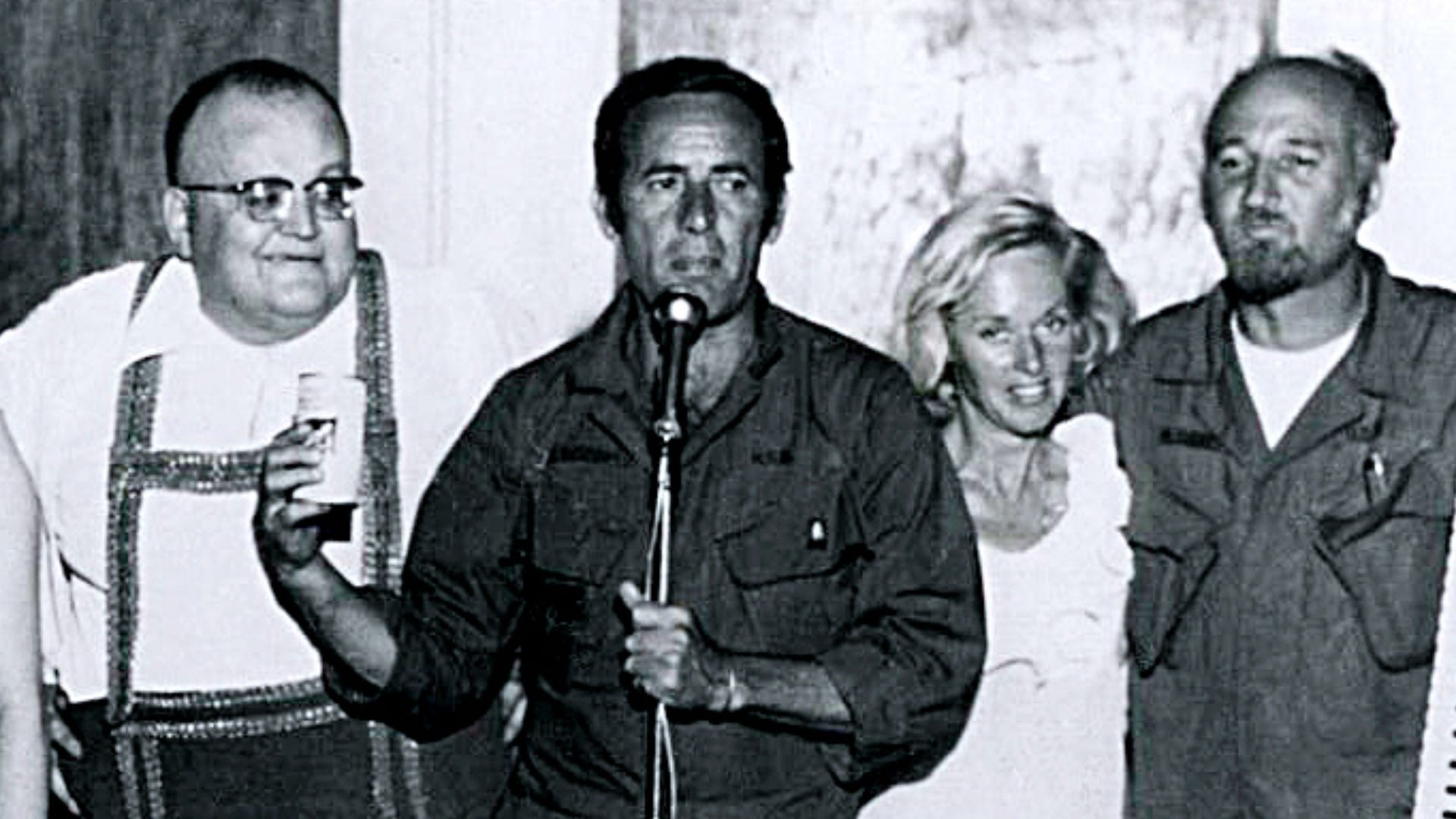 TwinsofSedona, Wikimedia Commons
TwinsofSedona, Wikimedia Commons
The $50,000 Favor
The real breaking point came when Sinatra canceled a Vegas show and asked Bishop to fill in. Bishop agreed—if he was paid $50,000. Sinatra was stunned. After everything he’d done for Bishop, now his friend wanted a check to cover a favor? To Frank, that was unforgivable.
When the Chairman Stopped Laughing
Sinatra didn’t explode—he just went quiet. No calls, no gigs, no introductions. And in the 1960s, Sinatra’s silence spoke louder than any insult. “If Frank didn’t want you working Vegas,” one promoter said, “you didn’t.” Bishop’s career started to vanish overnight.
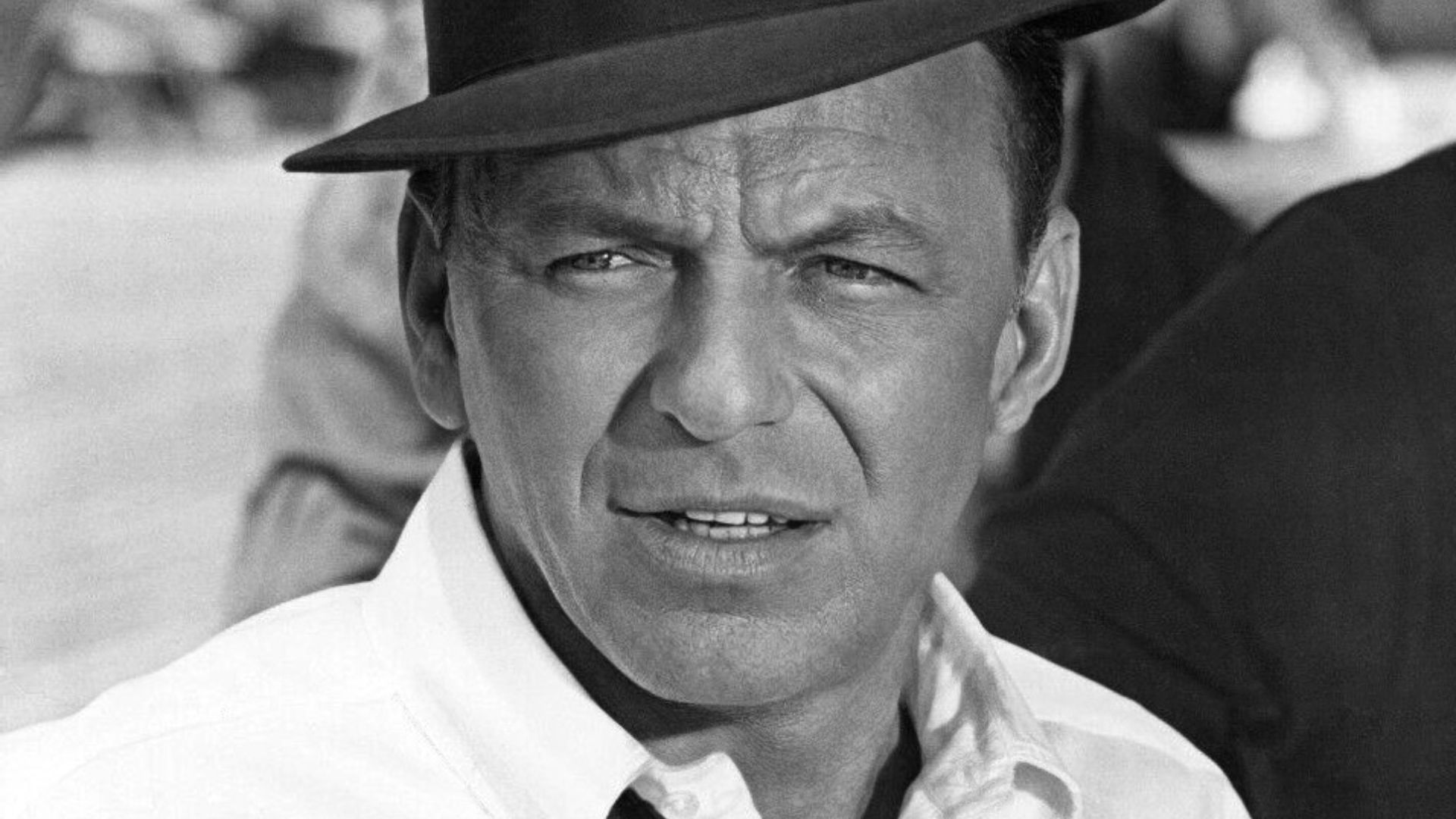 Distributed by 20th Century Fox. Photographer uncredited and unknown., Wikimedia Commons
Distributed by 20th Century Fox. Photographer uncredited and unknown., Wikimedia Commons
The Vegas Freeze-Out
Bishop’s bookings dried up fast. Casinos that once begged him to perform suddenly “had no openings.” Friends stopped returning calls. In show business, that’s all it took. Overnight, he went from Rat Pack royalty to Hollywood cautionary tale.
 NBC Television, Wikimedia Commons
NBC Television, Wikimedia Commons
Alone in the Spotlight
By the 1970s, Bishop’s fame had faded. His talk show was gone, and his jokes had turned bitter. He downplayed Sinatra’s influence, claiming he invented the Rat Pack’s style. But audiences had moved on—and Sinatra’s shadow was long.
 ABC Television., Wikimedia Commons
ABC Television., Wikimedia Commons
Two Men, Same Fate
Lawford and Bishop had followed different paths—but both ended the same way: on the outside. Lawford was undone by politics. Bishop, by pride. And Sinatra? He never looked back. The world saw them as casualties of fame, but to him, they were proof of loyalty’s price.
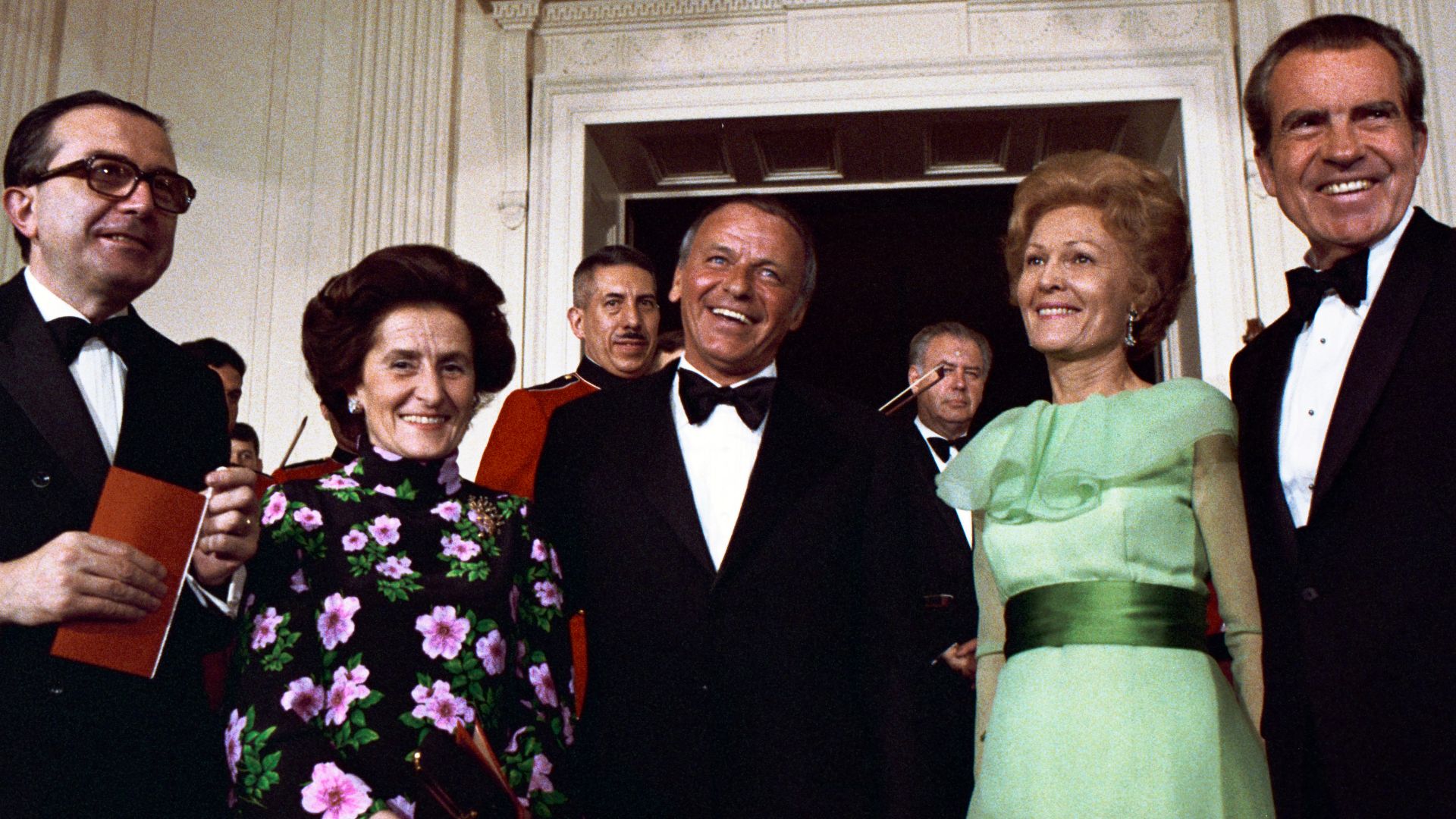 Jack Kightlinger, Wikimedia Commons
Jack Kightlinger, Wikimedia Commons
Lawford’s Final Years
Lawford tried to rebuild with TV work and small movie roles, but the stigma never lifted. He battled addiction and declining health, dying in 1984 at 61. Even in death, Hollywood kept its distance. He was refused burial at Sinatra’s cemetery in Cathedral City.
 Oleg Alexandrov at English Wikipedia, Wikimedia Commons
Oleg Alexandrov at English Wikipedia, Wikimedia Commons
Ashes in the Wind
When Lawford died, his ashes sat unclaimed. His children refused to pay for the funeral, and his final resting place became a public debate. His widow Patricia Seaton eventually scattered his remains at sea off Santa Monica. For a man once surrounded by stars, he left the world utterly alone.
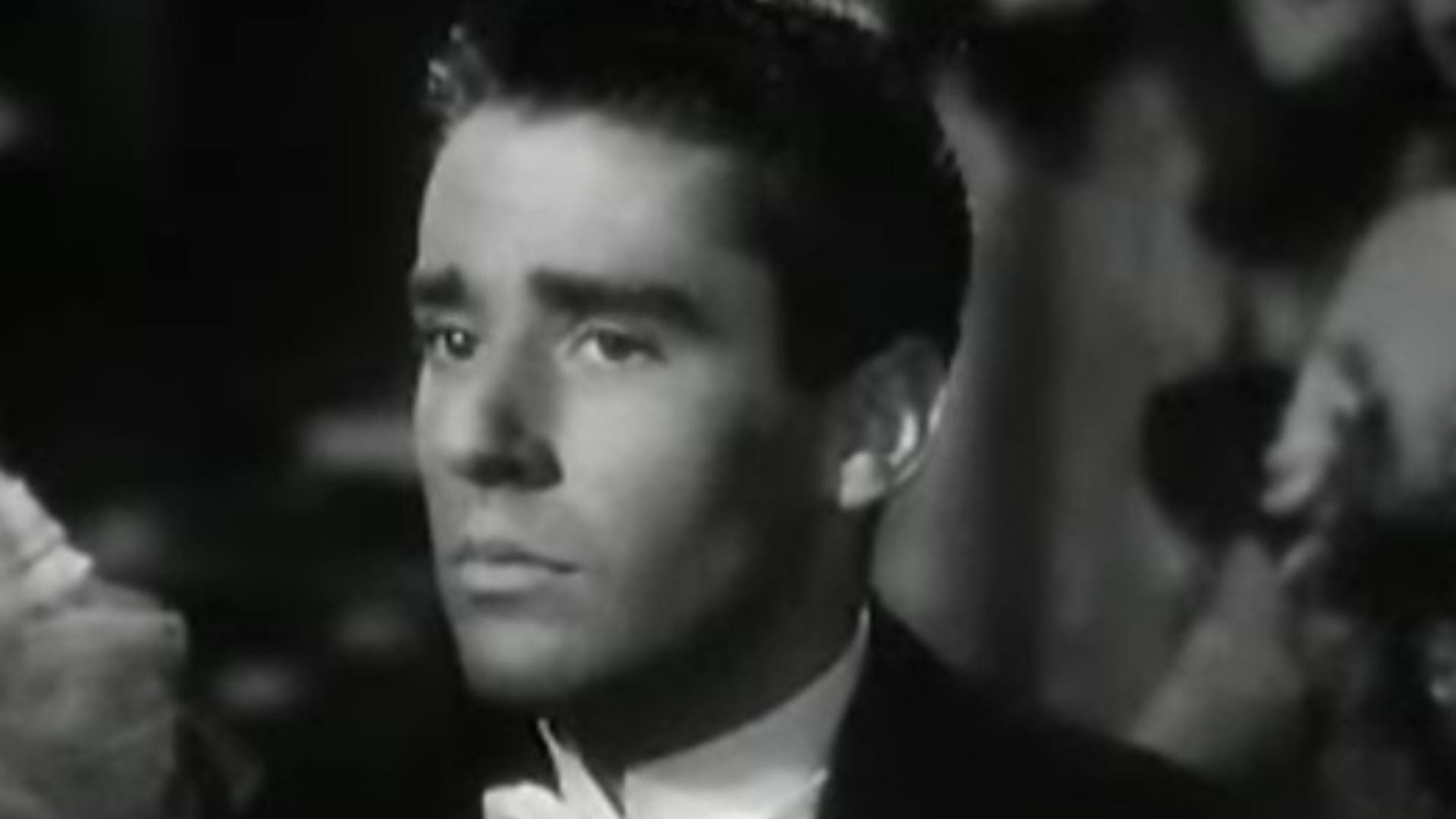 Trailer screenshot, Wikimedia Commons
Trailer screenshot, Wikimedia Commons
Bishop’s Bitter End
Bishop lived long enough to see the Rat Pack myth reborn—but he wasn’t part of it. He skipped reunions, rarely spoke to the others, and stayed defiant to the end. “They made their choices,” he once said. “And I made mine.” He died in 2007, largely alone.
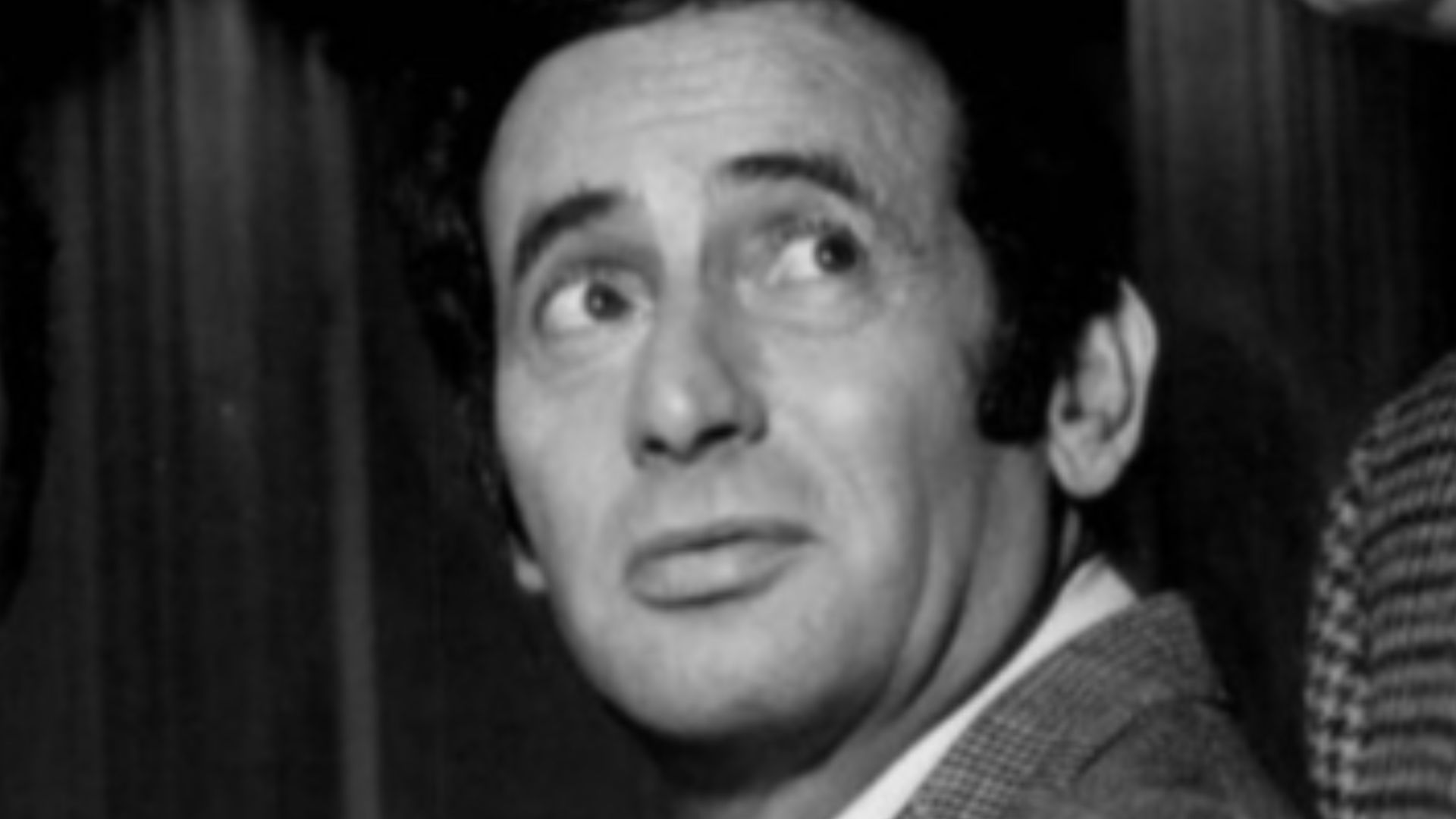 ABC Television, Wikimedia Commons
ABC Television, Wikimedia Commons
Sinatra’s Power
In the Rat Pack’s world, Sinatra wasn’t just a singer—he was the axis everything revolved around. He could make or break careers with a phone call. “Frank ran Hollywood the way a general runs an army,” a Vegas insider said. “And you didn’t question the general.”
Loyalty Above All
Sinatra’s loyalty was legendary—but it ran both ways. He’d give you everything, until you gave him a reason not to. Once trust was broken, there was no return. For Bishop and Lawford, that silence was more permanent than any goodbye.
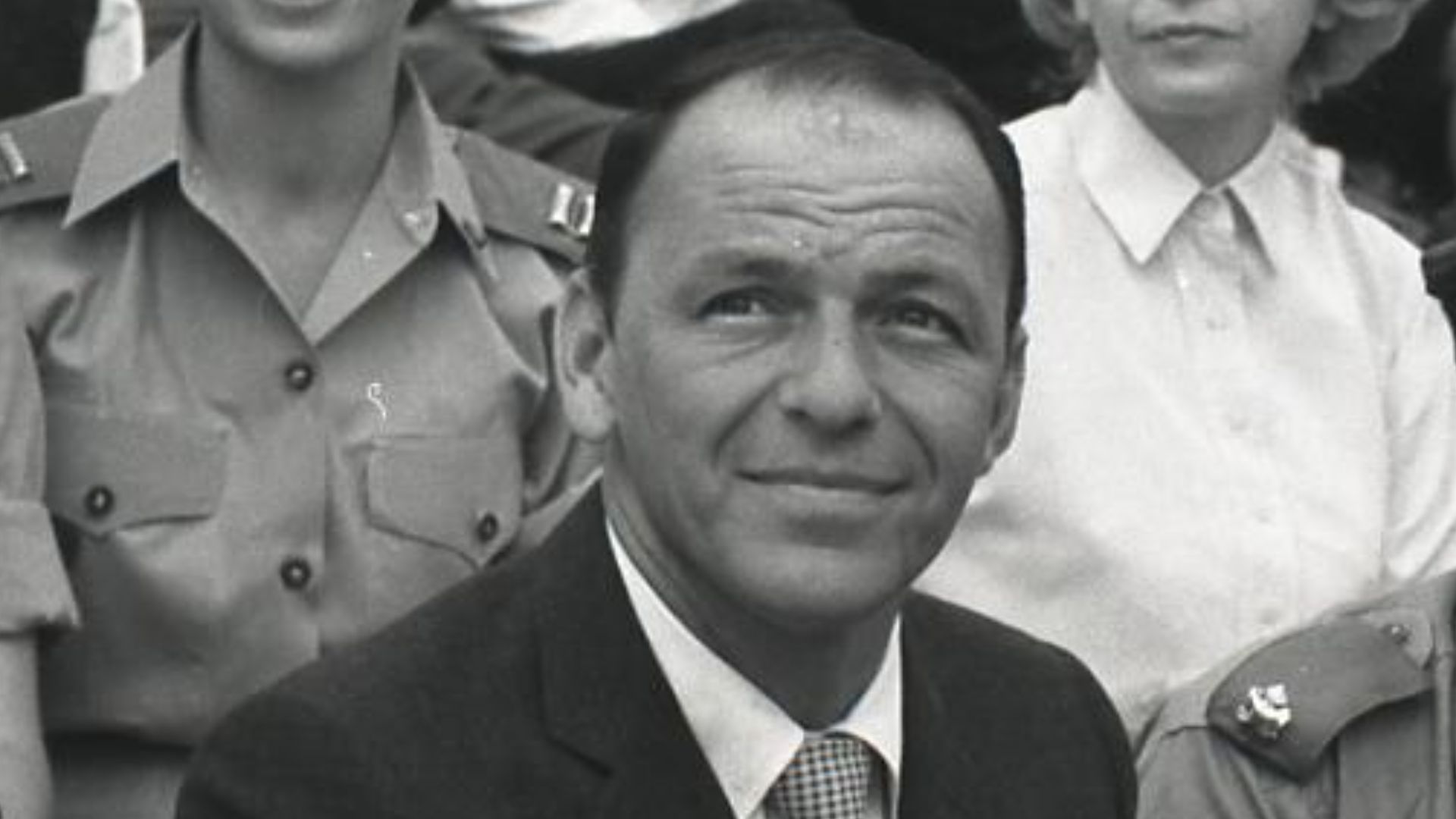 Boris Carmi, Wikimedia Commons
Boris Carmi, Wikimedia Commons
The Rat Pack Without Them
After they were gone, the Rat Pack continued—Sinatra, Martin, and Davis carrying the banner. But insiders said it was never the same. The spark was gone. What had started as friendship had hardened into performance.
What Hollywood Learned
The downfall of Bishop and Lawford became a cautionary tale. In the entertainment world, power protects—but it also punishes. They’d once shared the stage with the most famous man alive. In the end, that same man erased them from the picture.
 Thomas Wolf, www.foto-tw.de, Wikimedia Commons
Thomas Wolf, www.foto-tw.de, Wikimedia Commons
The Forgotten Two
Today, their names are footnotes in Rat Pack history. Yet behind every glossy photo of Sinatra and his crew lies a quieter truth: fame fades fast when friendship turns conditional. Joey Bishop and Peter Lawford learned the price of crossing Sinatra—and paid it in full.
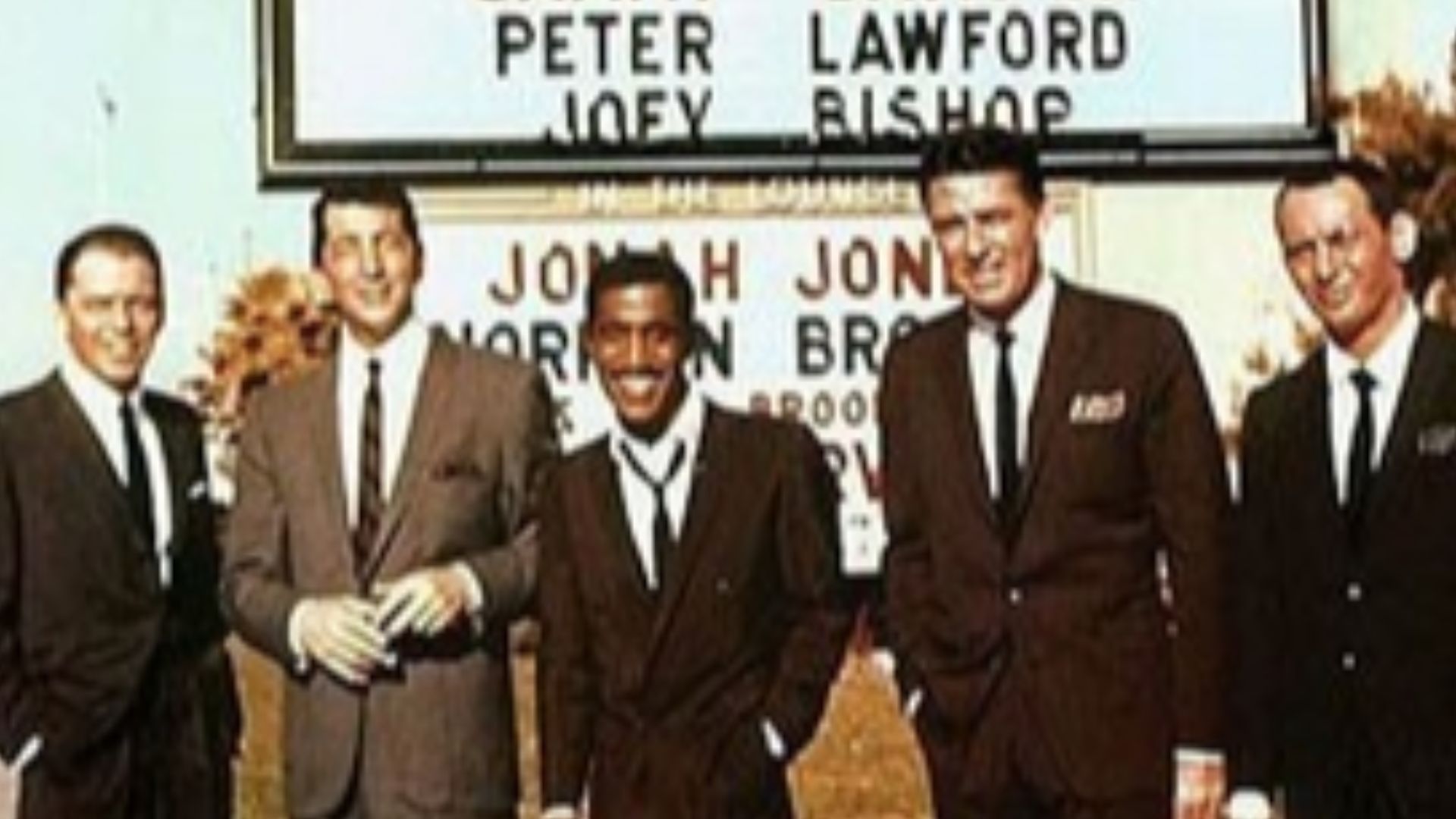 inkknife_2000 (7.5 million views +), Wikimedia Commons
inkknife_2000 (7.5 million views +), Wikimedia Commons
You Might Also Like:
Columbo vs. Murder, She Wrote: And the Winner Is…

